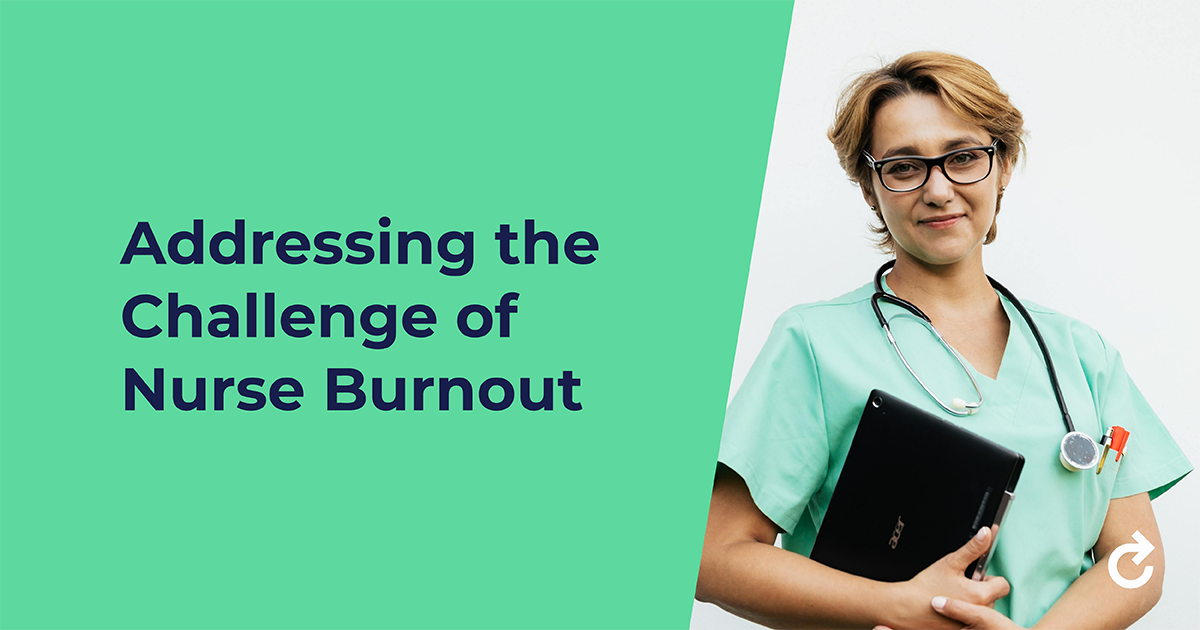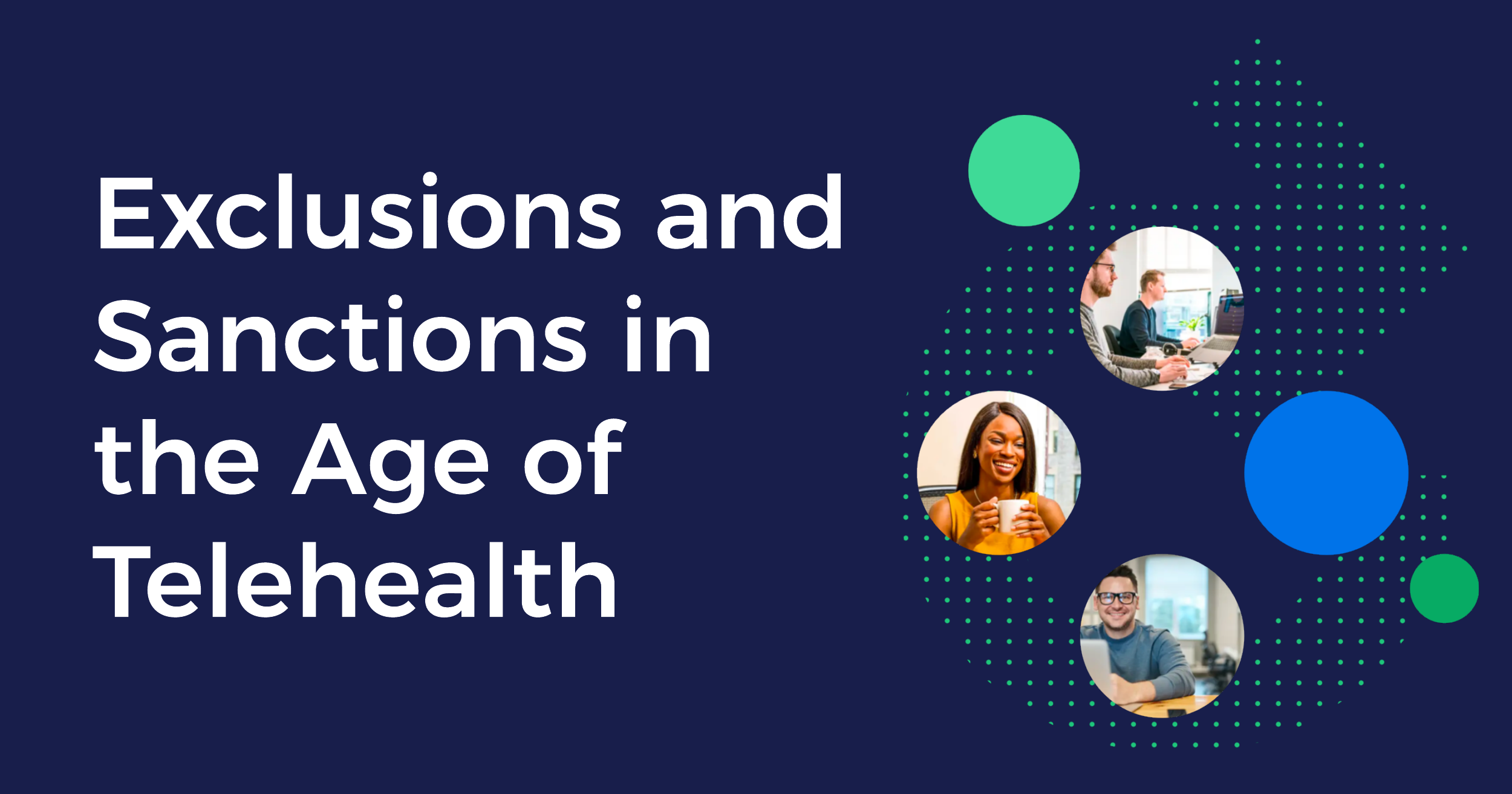Introduction
In today's rapidly evolving healthcare landscape, compliance is pivotal in ensuring institutions adhere to regulatory standards and best practices. Understanding the return on investment (ROI) of these compliance efforts is crucial for HR professionals. It's not just about ticking boxes; it's about optimizing organizational processes and ensuring that resources are allocated efficiently.
The Essence of ROI in Healthcare Compliance
In healthcare, ROI, or Return on Investment, refers to the measurable benefits derived from investments made in compliance initiatives. It balances the costs associated with implementing compliance measures and the benefits gained, whether in reduced penalties, improved patient care, or enhanced operational efficiency. With the advent of technology, a data-driven approach has emerged as a powerful tool in determining these success metrics, offering a more precise and actionable insight into compliance efforts.
The Power of Data in Decision-Making
The healthcare sector is increasingly relying on data to make informed decisions. Data offers a clear, objective view of operations from patient care to administrative tasks. Regarding compliance, data-driven insights provide a roadmap for HR professionals. By analyzing data, they can identify areas of improvement, refine strategies, and ultimately achieve increased savings and efficiency.
Critical Metrics for HR Professionals
Several metrics can help HR professionals gauge the effectiveness of their compliance efforts:
- Compliance Training Completion Rates: This metric offers insights into how well staff are trained and how effective the training programs are.
- Number of Compliance Incidents Reported: A lower number indicates practical training and robust compliance measures.
- Cost Savings from Efficient Compliance: Organizations can avoid hefty penalties and derive tangible financial benefits by streamlining processes and ensuring timely compliance.
Tools and Templates for Data-Driven Analysis
With the rise of digital technology, several tools facilitate data collection and analysis. Software solutions, integrated with AI and machine learning, can sift through vast amounts of data, providing actionable insights. Additionally, templates and models tailored for the healthcare sector make measuring ROI more streamlined and efficient for HR professionals.
Networking and Data Mastery for HR Professionals
In the information age, mastering data-driven ROI is more than just a skill—it's necessary. It's a tool for HR professionals that can be leveraged during networking events, showcasing the tangible benefits of data-driven compliance efforts. Many HR departments across the globe have already begun harnessing the power of data, leading to significant organizational growth and improved compliance measures.
Conclusion
As the healthcare sector continues to evolve, the importance of compliance cannot be overstated. With the increasing emphasis on data-driven decision-making, HR professionals are at the forefront of this change. By focusing on data mastery and understanding the nuances of ROI in healthcare compliance, they can ensure that their organizations remain compliant while optimizing processes and resources.



